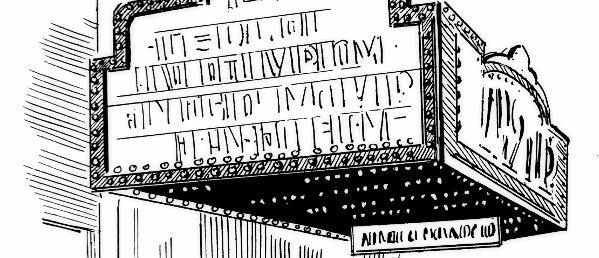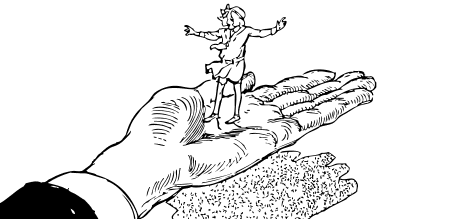
I think we’re lost.
(photo by Dreef)
While listening to the podcast described below, I just about gave up and moved onto another show. I had to force myself to stick with it. I honestly thought they may have uploaded the wrong show.
Here is the opening of the podcast. (I’ve eliminated the names and other identifying parts.)
Show host: Welcome to (show name). I’m your host (host name). (website). We’ve got a couple people hangin’ out in the live chat with us. (chat link) And you know, I shouldn’t say that, because I’ve taken the link down from the site. But if you’re listening and wanna see the schedule, it is fairly current. Although, not exactly throughout the summer. I am joined today, as I frequently am lately, by (co-host name) of (other show name). How’s it goin’ (co-host name)?
Co-host: It is wonderful up here.
Show host: Is the … uh … now you guys probably didn’t have a lot of snow like we didn’t have a lot of snow, which I’m still bummed about. But, I’m trying not to talk about it. How’s your … how’s your weather in (city)?
Co-host: It’s pretty good. It’s, uh … it’s been a pretty warm winter.
They proceeded to discuss the Celsius to Fahrenheit conversion for the first 10 minutes of the 30-minute show. At 10:45 into the show, host says, “Should we get into some questions?”
This is a show designed to coach businesses to attract more customers.
How did we get lost down some path about temperature conversions?
I’m not even sure I can say it got lost. The introduction never laid out the expectations of the show. Neither does the show title. As I’ve written before, the opening of the show must tell your audience what the show is all about right at the beginning. Let your listener know what to expect. Assume they are listening to your show for the very first time.
Six minutes into the show, they actually say, “You’re safe by now skipping over the first 10 minutes” of the show. What!?! You’ve got me, now you’re actually telling me this isn’t worth my time?
At this point they aren’t really lost. They are well aware they are wasting my time. There are over 100,000 podcasts available. These shows are all trying to attract me. These guys actually have me paying attention (the tough part) and are wasting the incredible opportunity. What are the chances I’ll actually be back?
Your show must deliver on the brand promise right out of the box. That is the key to audience engagement. Your listener has come to your show for a reason. If you get lost on some tangent, your audience will be gone in a heartbeat.
Lay out the expectations in your introduction. Deliver on those expectations immediately. If you find you’re getting off on a tangent, get back on track as soon as possible.
You will quickly find you are talking to yourself if your listener says to themselves, “I think we’re lost.”






















